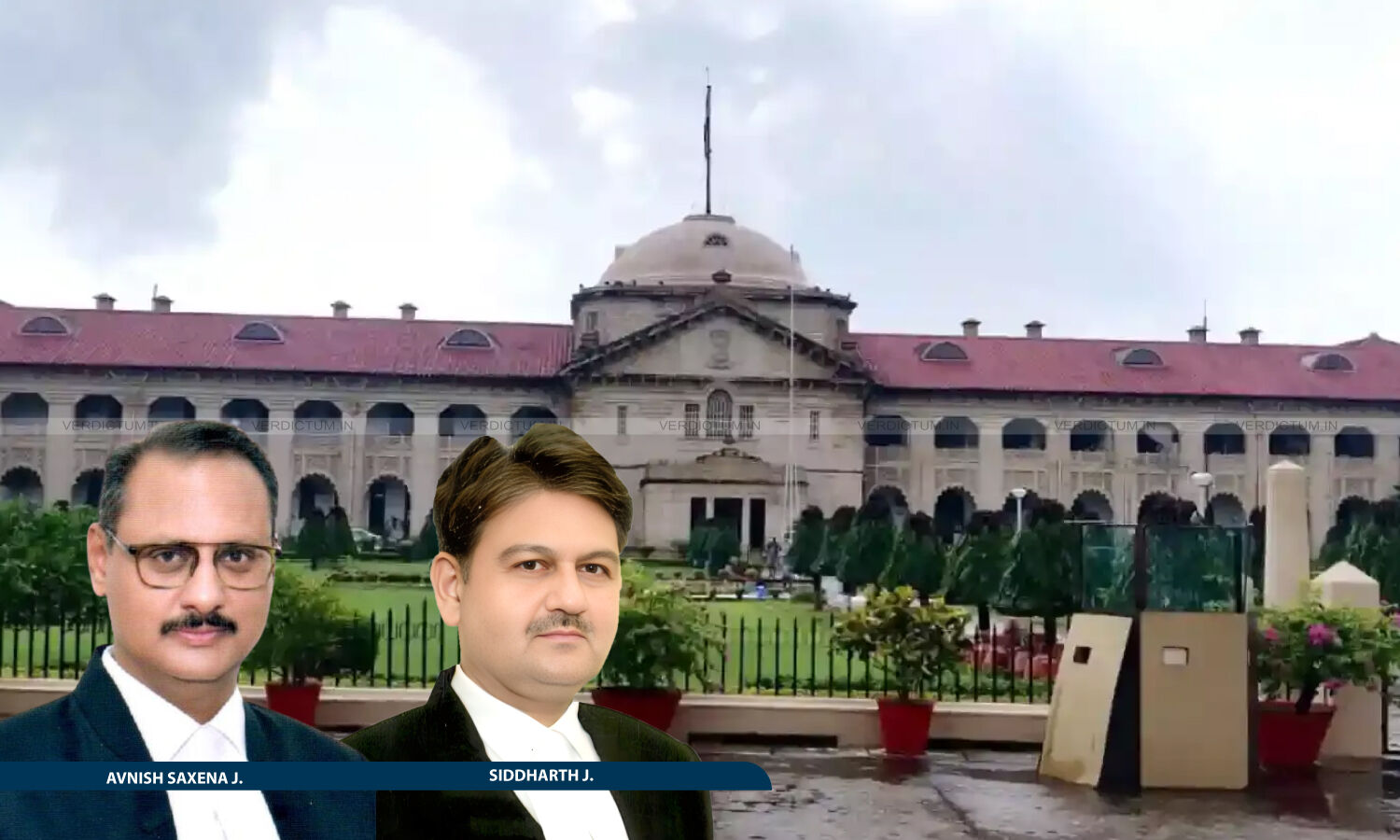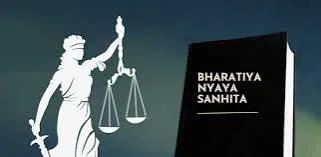State Govt. Before Giving Direction To Present Appeal U/S.378(3) CrPC Must State Compelling Reasons: Allahabad High Court

While granting compensation to a man who got an honourable acquittal in an alleged case of dowry death, the Allahabad High Court has held that the State Government before giving direction to public prosecutor to present an appeal is under a legal obligation to state in clear words that there is substantial and compelling reasons, good and sufficient grounds and apparent mistake, which warrants appeal.
The High Court was considering an application for leave moved belatedly under Section 378(3) Cr.P.C. by the State challenging the judgment of acquittal of the accused/respondent for offence under Sections 498-A, 304-B, 504, 506 I.P.C. and Sections 3, 4 of the Dowry Prohibition Act.
The Division Bench of Justice Avnish Saxena and Justice Siddharth stated, “The State Government before giving direction to public prosecutor to present an appeal is under a legal obligation to state in clear words its direction that there is substantial and compelling reasons, good and sufficient grounds, very strong circumstances, distorted conclusion and apparent mistake, which warrants appeal. Mere writing of these phrases does not suffice, it should be made clear and explicit in an application for leave to appeal provided under Section 378(3) Cr.P.C./ Section 419(3) B.N.S.S.”
Advocate Ashutosh Kumar Sand represented the Appellant while Advocate Acquant represented the Respondent.
Factual Background
It was the informant’s case that his sister was married to the accused as per Hindu rites and ceremonies. On March 7, 2022, he got the news that his sister had committed suicide. It was alleged that the accused had continuously tortured his sister for dowry. She was two months pregnant, but the accused disowned the child. He also used to abuse her and demand extra dowry, due to which the informant’s sister has committed suicide. It was mentioned in the inquest report that the deceased hanged herself from the ceiling fan with a cloth. A suicide note had also been recovered from the deceased. The same had been sealed.
Reasoning
The Bench was of the view that the suicide note, which was recorded asa dying declaration, proved by the prosecution, was an important piece of evidence, which spoke of an entirely different story altogether. The informant was not conversant about the contents of the suicide note, though he admitted its recovery.
The suicide note was written on a register page and revealed that the deceased in the opening words, had mentioned that she was pursuing her M.Ed third Semester and committing suicide due to study stress. It was the statement of witnesses of fact that the deceased was a very good student and was under the stress of studying. It was further mentioned in the suicide note that she was responsible for the suicide and further wrote that her husband, in-laws were not responsible for her death by suicide. She also wrote that her mother, father and family members were also not responsible for her death.
In the suicide note, she prayed that the police personnel not to harass her in-laws and parents for the said suicide. She even mentioned that she had some gold and clothes kept in the trunk, which should be given to her brother, because he had spent money on the marriage of deceased. The last sentence in the suicide note was that her husband had taken her mother-in-law to Delhi due to her ill health.
Considering the entire gamut of facts in the light of evidence, the Bench was of the view that there was no ground to grant leave to the State under Section 378(3) Cr.P.C./419(3) B.N.S.S.
The Bench stressed upon the legal principles applicable while dealing with an appeal in case of acquittal provided under Section 378 Cr.P.C., Section 419 BNSS and the extent of interference by the appellate Court when the acquittal is recorded by the trial court. “The scope of appeal in the case of acquittal of accused after a full trial cannot be challenged in appeal in a routine manner”, it said while also adding, “Therefore, we are of staunch view that the State before issuing direction to public prosecutor to present this appeal in case of acquittal has not applied it’s judicial mind. Unconsiderate to the fact that life and liberty of the accused, who is enjoying double presumption of his innocence in a criminal case, has been twice at jeopardy and hence, would be suitably compensated”, it observed.
Considering the fact that the accused got an ‘honourable acquittal’, the Bench ordered that he shall be paid compensation of Rs 2 lakh within 30 days. This, as per the Bench, was just and proper compensation for vexatious criminal prosecution.
Cause Title: State of U.P. v. Dhirendra Kumar (Neutral Citation: 2025:AHC:116751-DB)
Appearance:
Appellant: Advocate Ashutosh Kumar Sand
Respondent: Advocate Pranvesh, Saurabh Kesarwani

